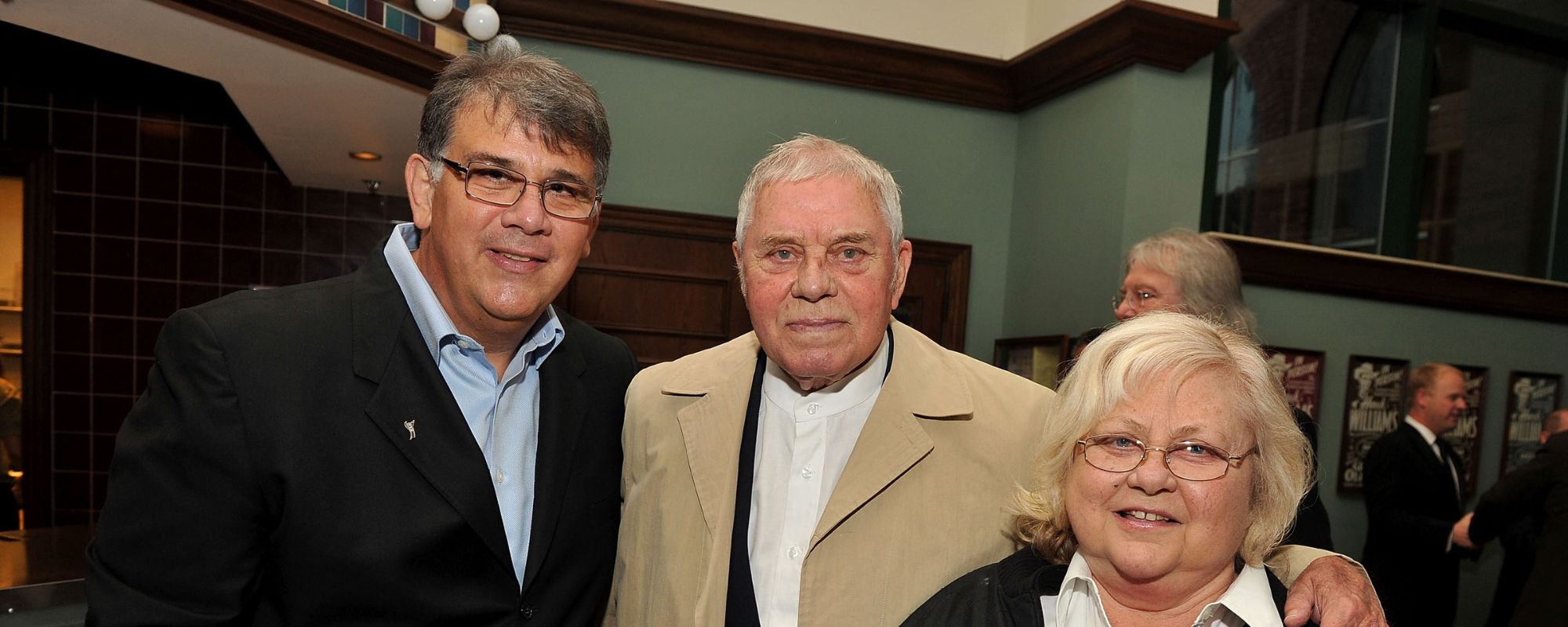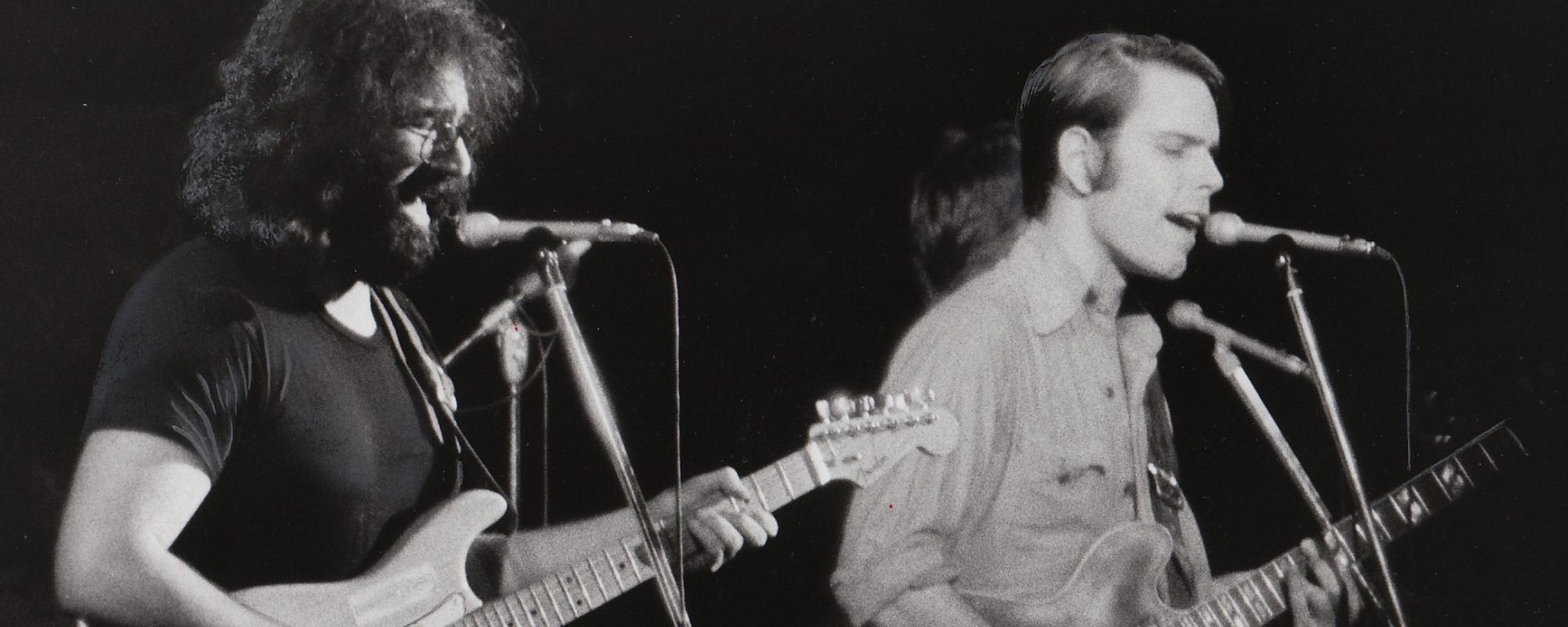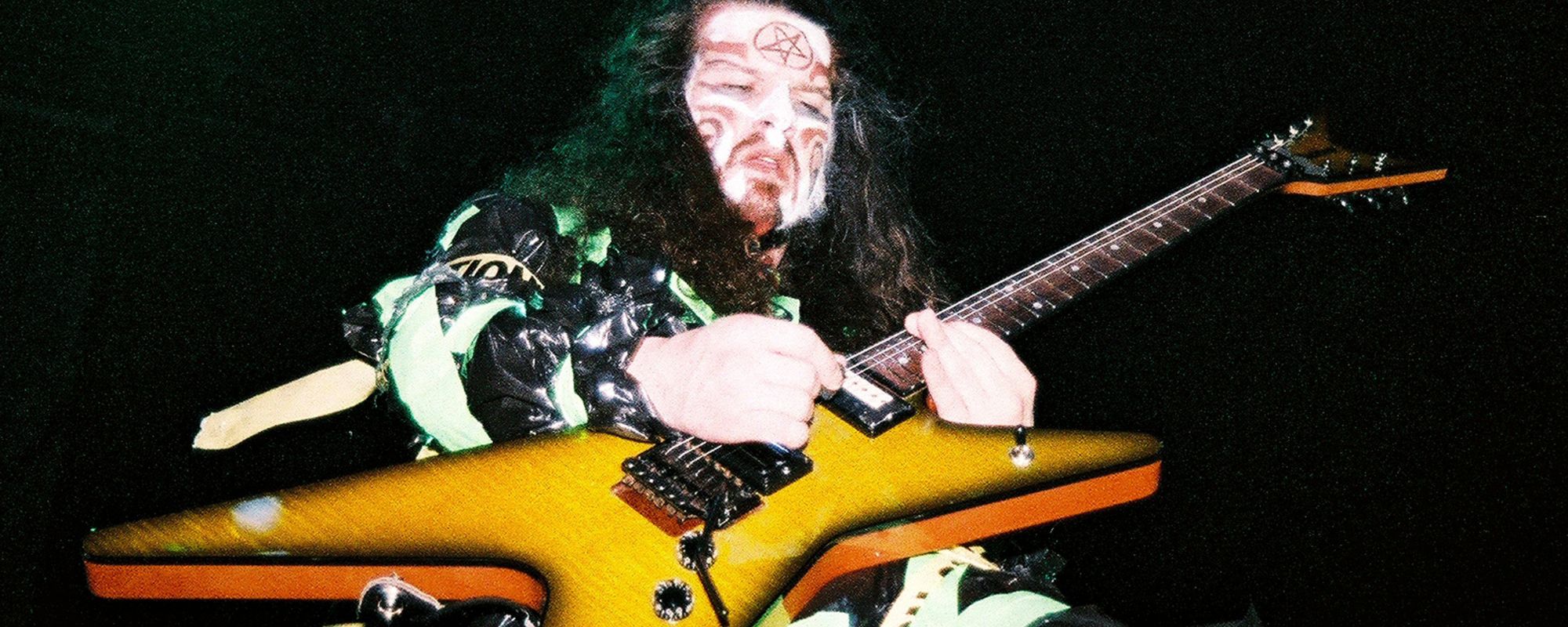John Prine and Johnny Cash are two of country music’s most prolific and genuine musical superheroes. Even though they resided in the same genre, they did so at opposite ends of the spectrum. Cash’s music was designed and curated for the God-fearing and troubled individuals, and he vocalized these notions through fairly orthodox vehicles. Prine’s music was for the troubled as well, however, he invoked more progressive and intellectual ideals that contrasted with old-school country music. In essence, they walked the same road, just in different directions.
Videos by American Songwriter
Despite their differences, the two shared an affinity for each other that surpassed their beliefs and ideologies. Matter of fact, in a 2017 interview with the Associated Press, John Prine stated, “Johnny Cash was like Abraham Lincoln to me.” Regarding American heroes, Prine wrote a song about an unsung one that Cash could not sing in its original state. And it was due to a religious perspective that he did not believe in.
Johnny Cash’s Unwavering Religious Conviction
One of John Prine’s most poignantly tragic and socially exploratory songs is “Sam Stone.” The song is a tragic narrative about a Vietnam vet turned drug addict, and to many, the song is the epitome of great American literature. Cash seemingly agreed with this statement, but, there was a line that hindered him from singing it.
Johnny Cash was an admirably staunch Christian, thus, the line Jesus Christ died for nothing, I suppose subverted and diminished his beliefs. This is the one reason Cash could not sing the original version of the song. Prine responded with, “Well, you know, it’s the heart of the song for me. Everything in the song kind of fell out of that one line,” per the AP.
“‘I know where I’m coming from when I say that” and “It just means that there’s no hope: if a veteran’s going to come home and be treated like that and no one’s going to help him with his drug habit, then what’s the use in living,” Prine added in his explanation to Cash. Even though Prine believed that to be the heart and soul of the song, he respected Cash’s plight with it. So, he allowed him to change the line, and instead, Cash sang, Daddy must have hurt a lot back then, I suppose.
Other than this being a memorable moment in music history, the dialogue between the two surely echoes now. Echoes in the sense that both parties were able to fund mutuality among the stark juxtaposition of ideals. Yet again, Cash and Prine teach the world another lesson, but this time it is through conversation and not music. Prine closed out his anecdote by saying, “I certainly didn’t hold anything against him for doing it.”
Photo by Michael Ochs Archives/Getty Images











Leave a Reply
Only members can comment. Become a member. Already a member? Log in.